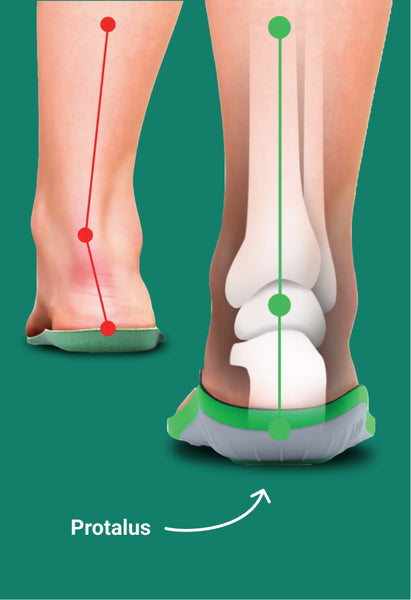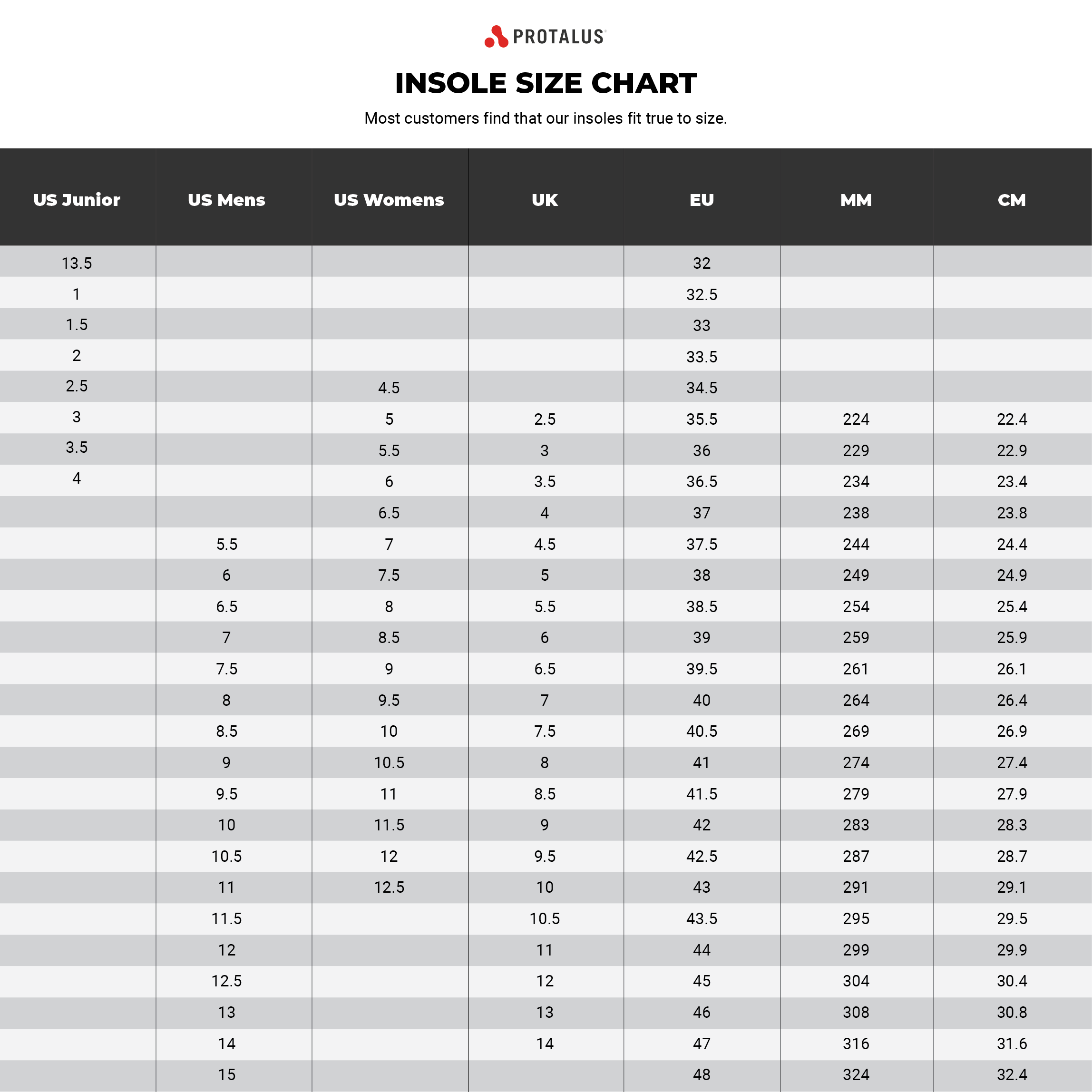Neuropathy Treatment
Neuropathy, or more specifically peripheral neuropathy, is a condition that affects the nerves in your extremities (usually in your hands and feet). Our senses help us navigate the world by sending messages to our brains about what we see, touch, taste and so on. The messages travel over the nerves to relay information about temperature, pain, and other conditions in our environment to we which may need to react. The peripheral nerves send messages from your brain and spinal cord back to your hands and feet. However, when these nerves are damaged, the messages become muddled. A person with neuropathy might feel heat, numbness, or pain when there seems to be nothing there to cause these feelings.

Causes
Damage to the peripheral nerves can be caused by a number of things including:
•Infection
•Injury
•Chronic Liver Disease
•Hypothyroidism
•Diabetes mellitus
•Renal Disease
•Carcinoma
•Acquired immunodeficiency syndrome
The diagnosis process typically starts with blood tests but could include a few other types of tests such as a nerve biopsy or genetic testing.
Treatment
Treatment for peripheral neuropathy really has main goals: management of symptoms and treatment of the condition itself. Often, part of the disease process for neuropathy includes a deficiency of vitamin B12. Taking B12 supplements is therefore typically recommended as part of a treatment plan. Other ways the disease itself is treated can include corticosteroid therapy and removing any complicating toxins or medications.
In order to manage pain, many patients are given the option of prescription opioid painkillers, after a doctor has thoroughly reviewed the risks associated with opioid medications for that patient. They may also be prescribed anti-seizure medications, antidepressants, narcotics or topical lidocaine patches. Many types of medications have been shown to help for neuropathy patients, even if that is not the main disease for which that medication is usually prescribed. Over-the-counter pain medications have helped to ease symptoms in some patients as well.
Beyond medication, many patients are also encouraged to lose weight, to take better care of their feet, to find better fitting shoes, and to use shoe inserts.There is evidence that shoe insoles can help prevent ulceration for patients with diabetic neuropathy. Ill-fitting shoes can exacerbate some of the symptoms of neuropathy, however, insoles made to distribute pressure have been shown to ease some neuropathy symptoms. For discomfort associated with neuropathy, we recommend the Protalus M-100 model as it offers the greatest level of cushion, alignment correction, and arch support out of the Protalus line of inserts. It is important to communicate with your doctor about a treatment plan as different types of neuropathies respond to different types of treatments. Overall, if you have tingling, numbness, or pain in your fingers or in your feet, it is not something to ignore.
Recommended Posts
Saying Goodbye to Leg and Foot Pain: The Power of Insoles
by Anna Heston • March 04, 2021Kick leg and foot pain to the curb with the proper shoe insoles! Discover relief now!
How Plantar Fasciitis Sufferers Find Comfort with Insoles
by Anna Heston • March 04, 2021Say goodbye to leg & foot pain! Insoles like Protalus T-100 offer relief, support & comfort.
Flat Feet: What It Really Means for Your Feet and Body
by Anna Heston • March 04, 2021Flat feet? Discover the challenges and relief with Protalus insoles! Say goodbye to pain, improve stability, and boost performance. Read more!















